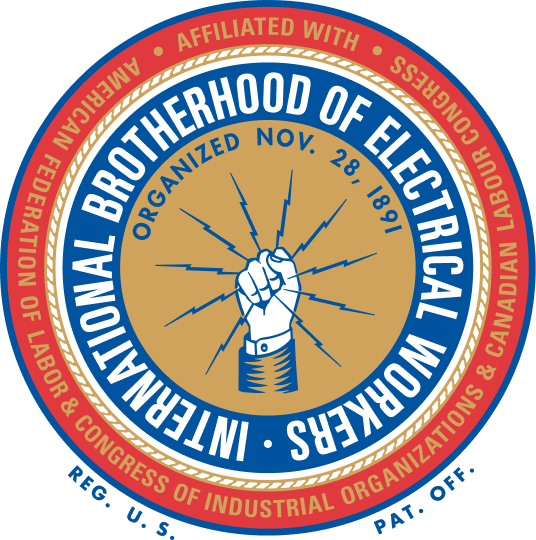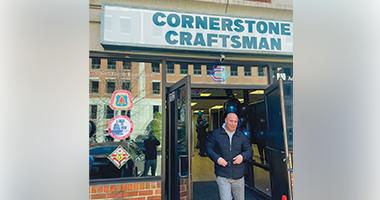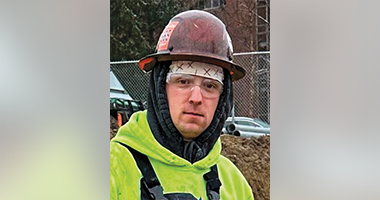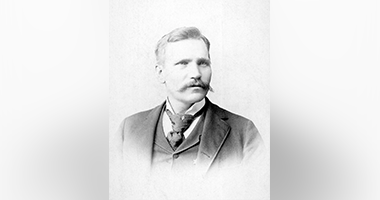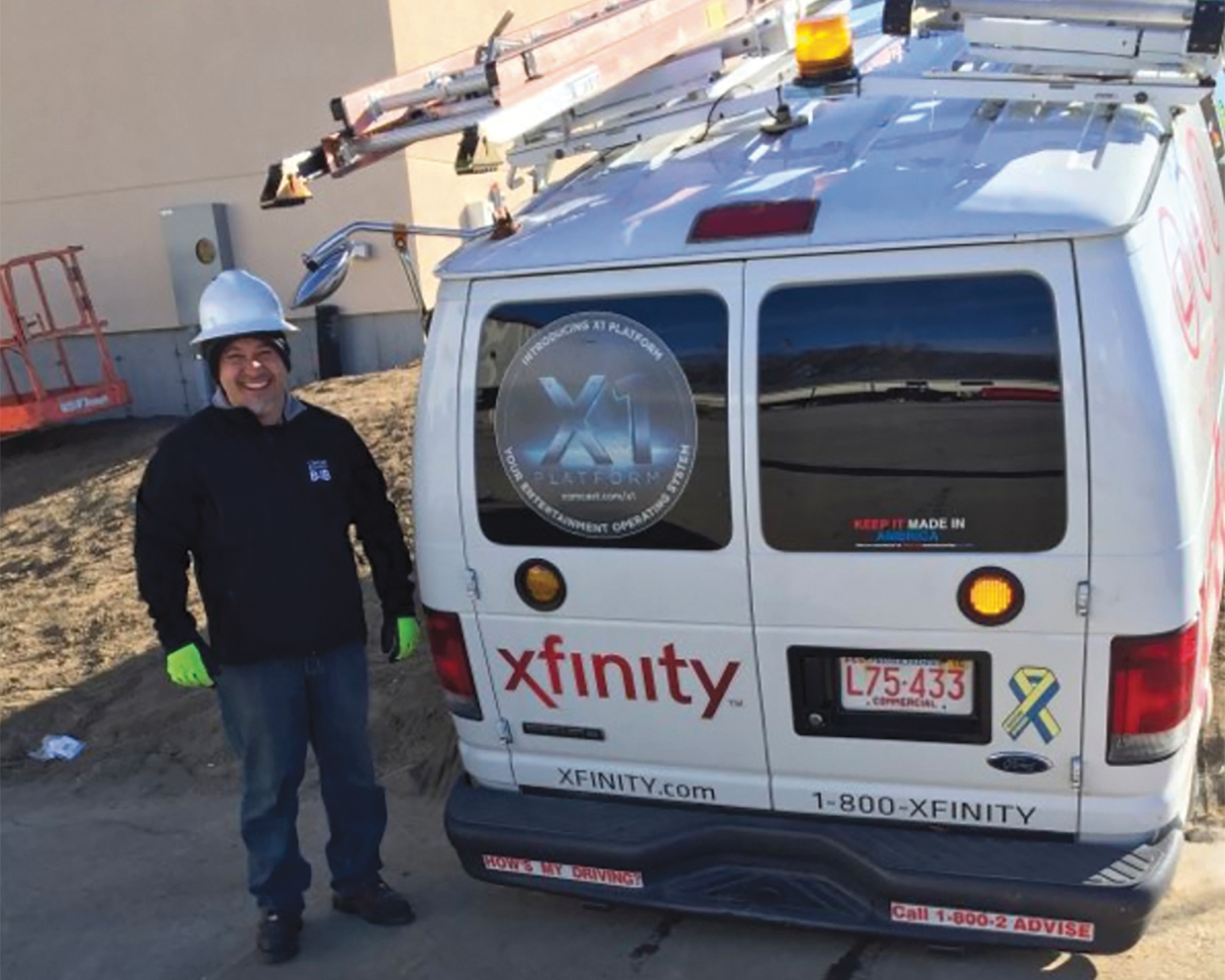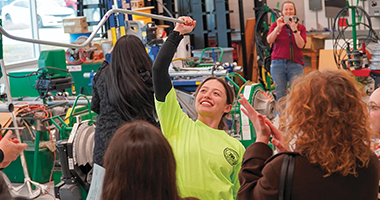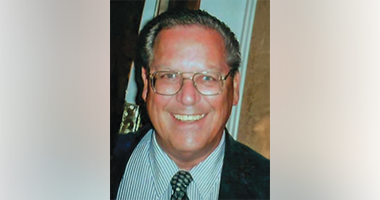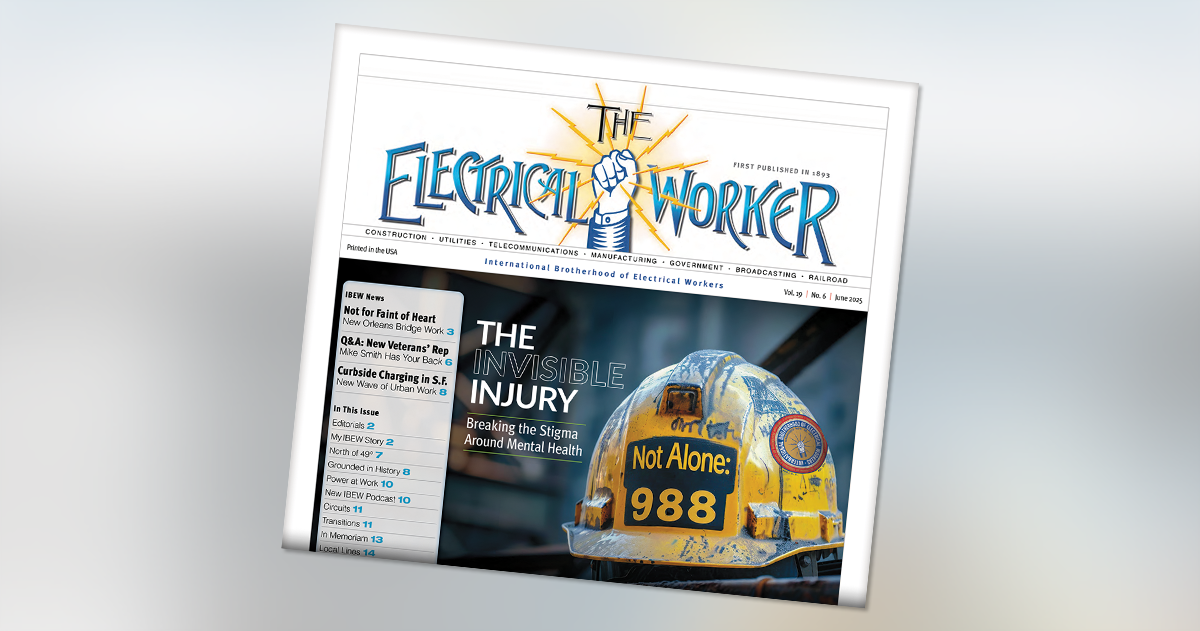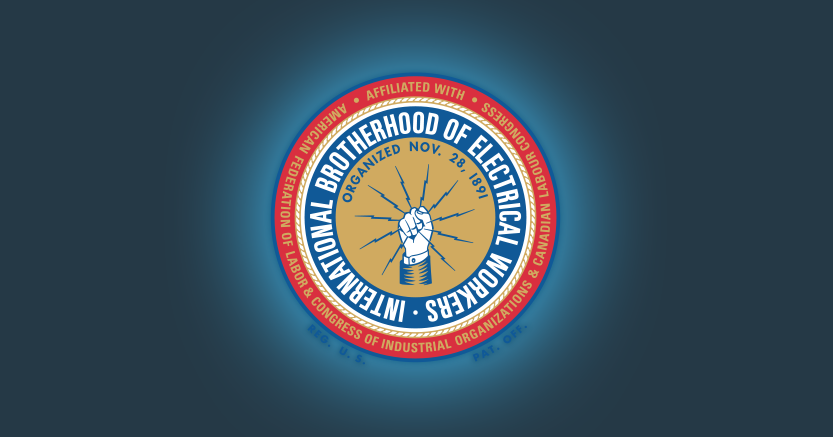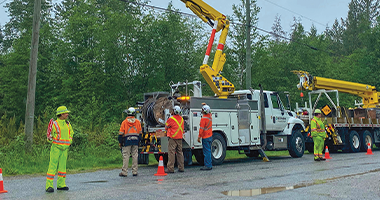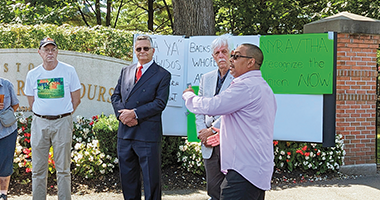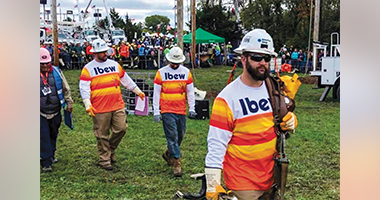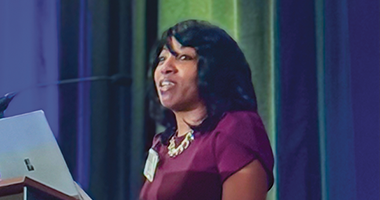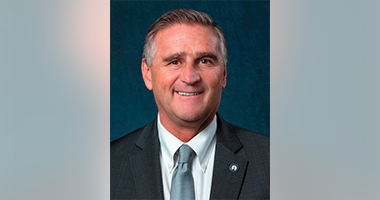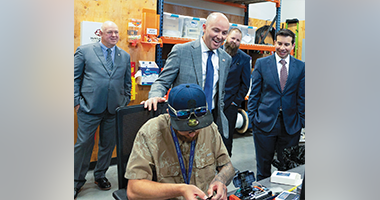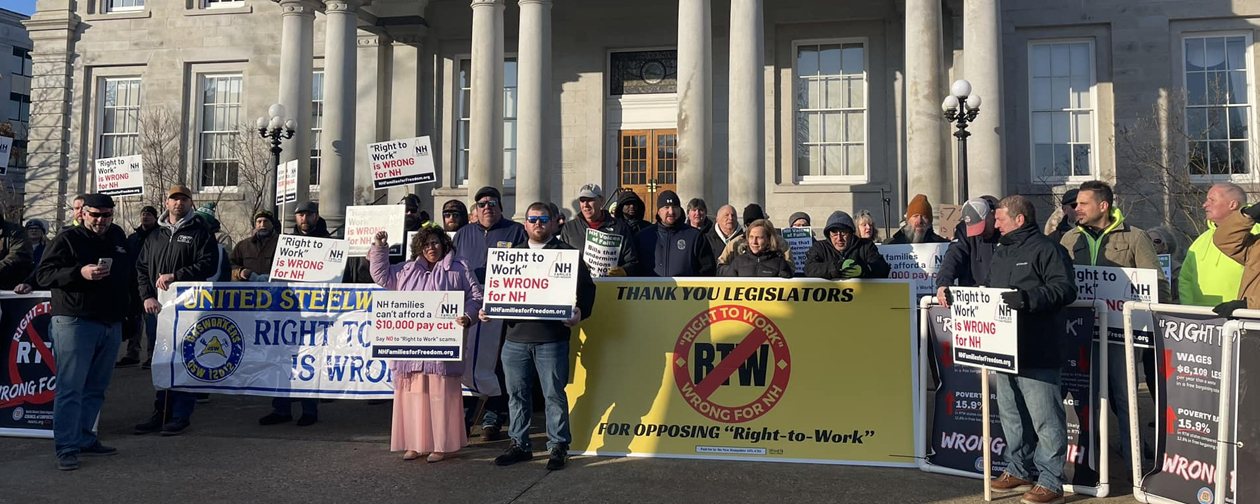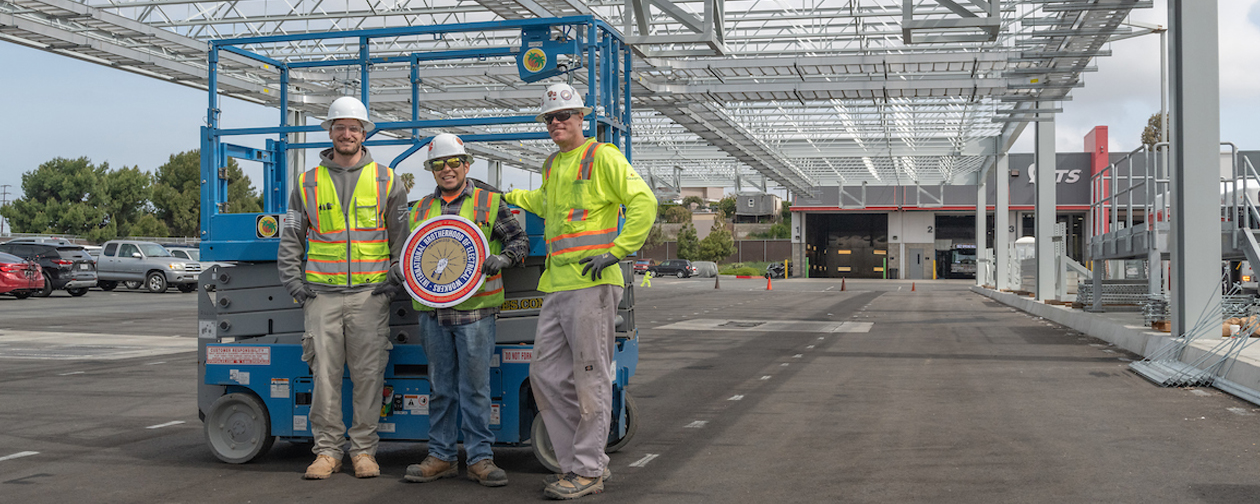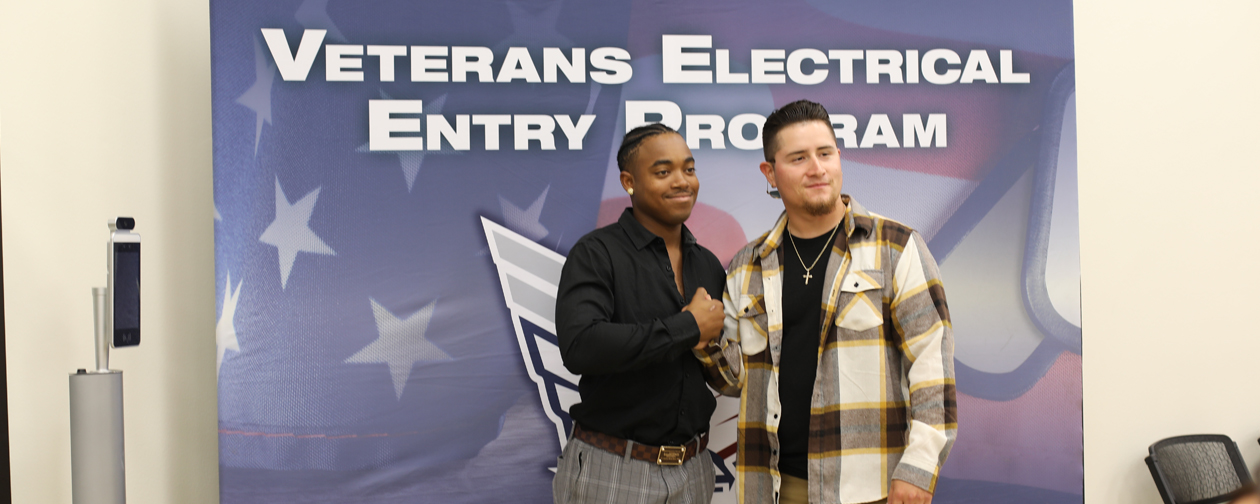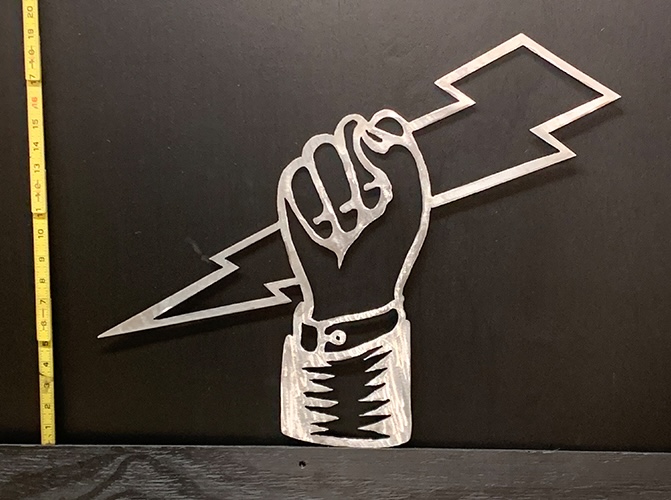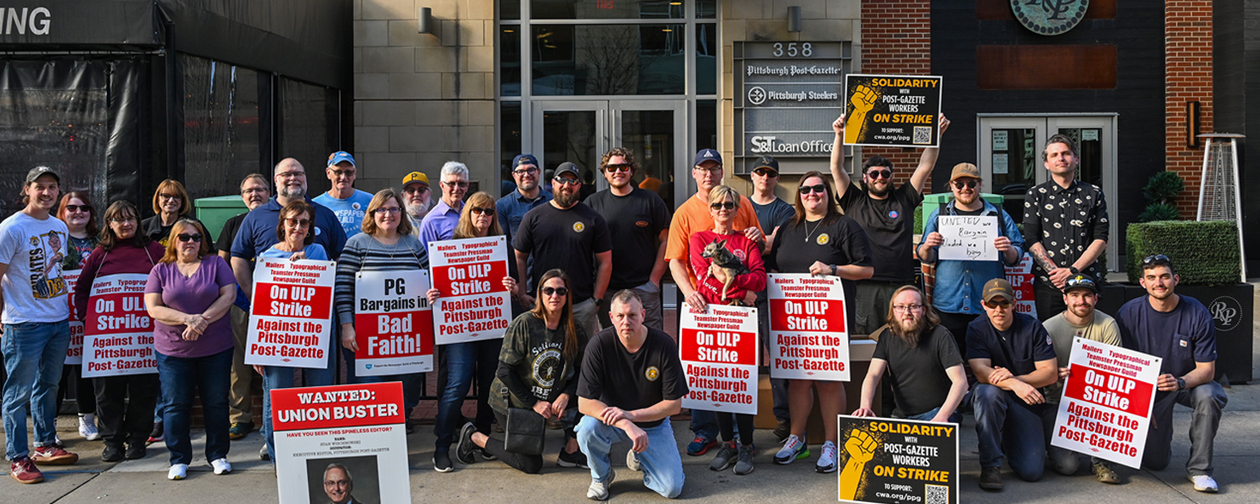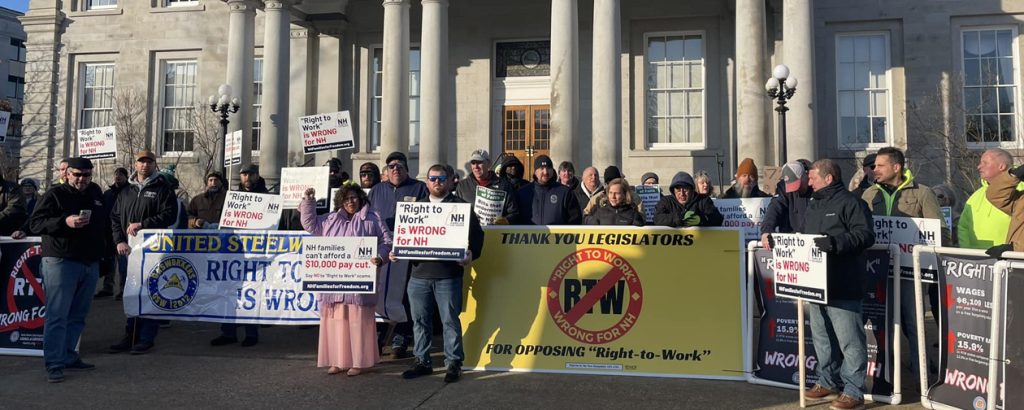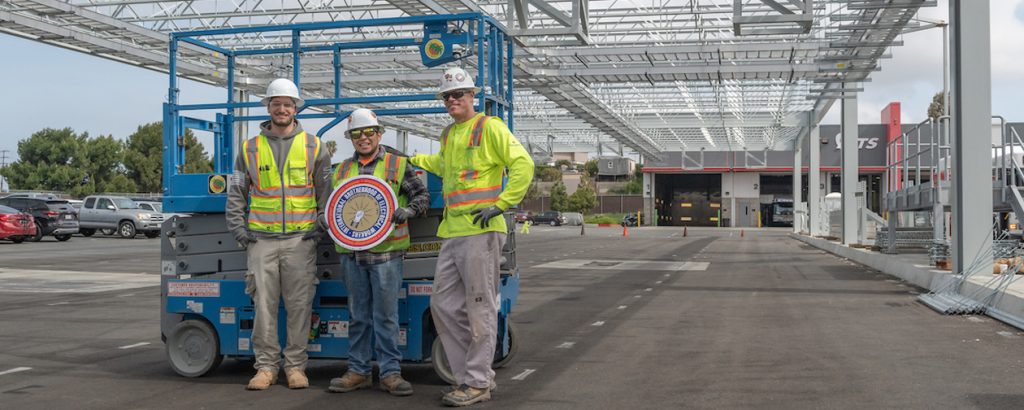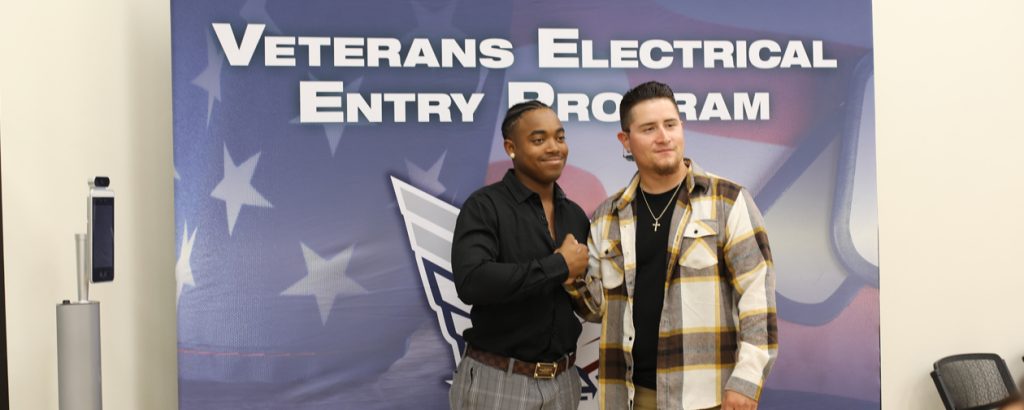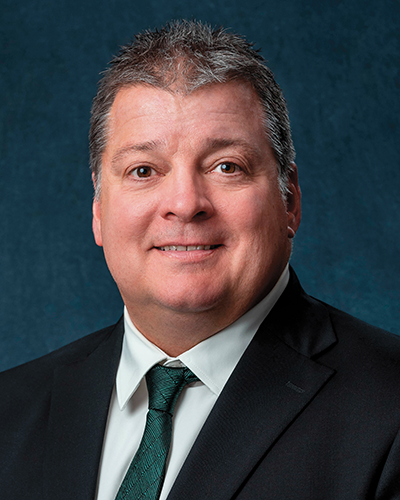
International Secretary-Treasurer
I can’t tell you how much relief and gratitude I’ve heard from people since The Electrical Worker’s June cover story on the mental health crisis in the utility and construction trades.
“The Invisible Injury: Breaking the Stigma Around Mental Health” reported on the startling rates of suicide and fatal drug overdoses in our industries. But it also addressed healing, resources and what locals are doing to recognize and help struggling members.
Those efforts are expanding all the time, and it’s critical that our conversation does, too. While talking about mental health isn’t easy, it’s the only way we break the stigma.
I’m proud to see the strides locals are making. Earlier this year, St. Louis Local 1 dedicated a Saturday morning to a series of mental health workshops to help people going through difficult times, raise awareness and train members to be able to help each other.
In Atlanta, Local 613 is offering free sessions with professional counselors on designated Saturdays. And in May, Portland, Ore., Local 48 drew almost 80 union members to hear stories of struggle and recovery from fellow trades workers and an NFL player.
Darren Waller, who overcame drug addiction early in his football career, drew parallels between his profession and ours: “As tough and as reliable as we need to be, and know that our performance is required day in and day out, there’s something in us that wants to hide any level of pain that we feel and continue to show up,” he said.
But we can’t hide anymore. And we can’t let our brothers and sisters hide. We have a sacred responsibility to each other to banish those fears for good. As vital as awareness training is, no one needs to teach us how to be kind. How to listen and not judge.
If your buddy seems distracted or just doesn’t seem like himself, ask him how he’s doing. Just showing you care can make a big difference. For an inspiring example, see “A Success Story” in the letters of this issue.
The IBEW’s Family Medical Care Plan has long included mental health care, and we’re making our programs and benefits even stronger. One new tool is Talkspace, a telemedicine service for those who aren’t ready to seek help in person. Find it at www.talkspace.com .
Make no mistake: Mental health is as important to our well-being as physical health. And it’s as much of a workplace safety issue as PPE and other protections.
Tackling it means talking about it, whether it’s worker to worker, in trainings, through an Employee Assistance Program counselor or on the web. Together, we can change lives.
